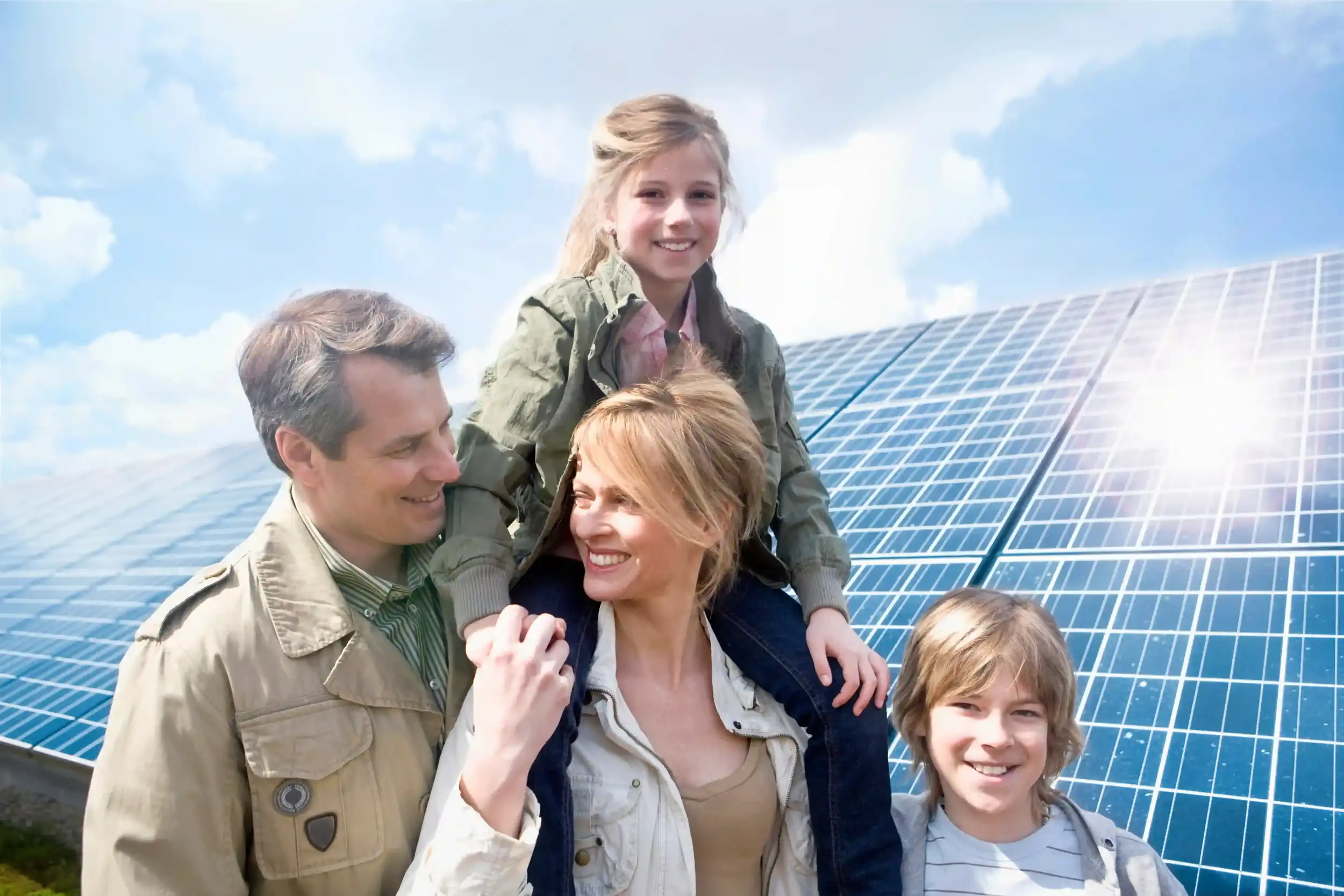Transform sunlight into clean, cost-effective energy for your home or business with our reliable solar solutions.
Is one of the smartest ways for homeowners to lower energy bills and gain long-term independence from rising electricity prices. At National Solar Network, we design and install efficient solar systems built for Queensland’s sunny climate.
Each of our systems is tailored to your property’s size, roof layout, and energy needs to deliver the best return on investment. Take control of your energy future with clean, affordable power designed for Rockhampton homes.
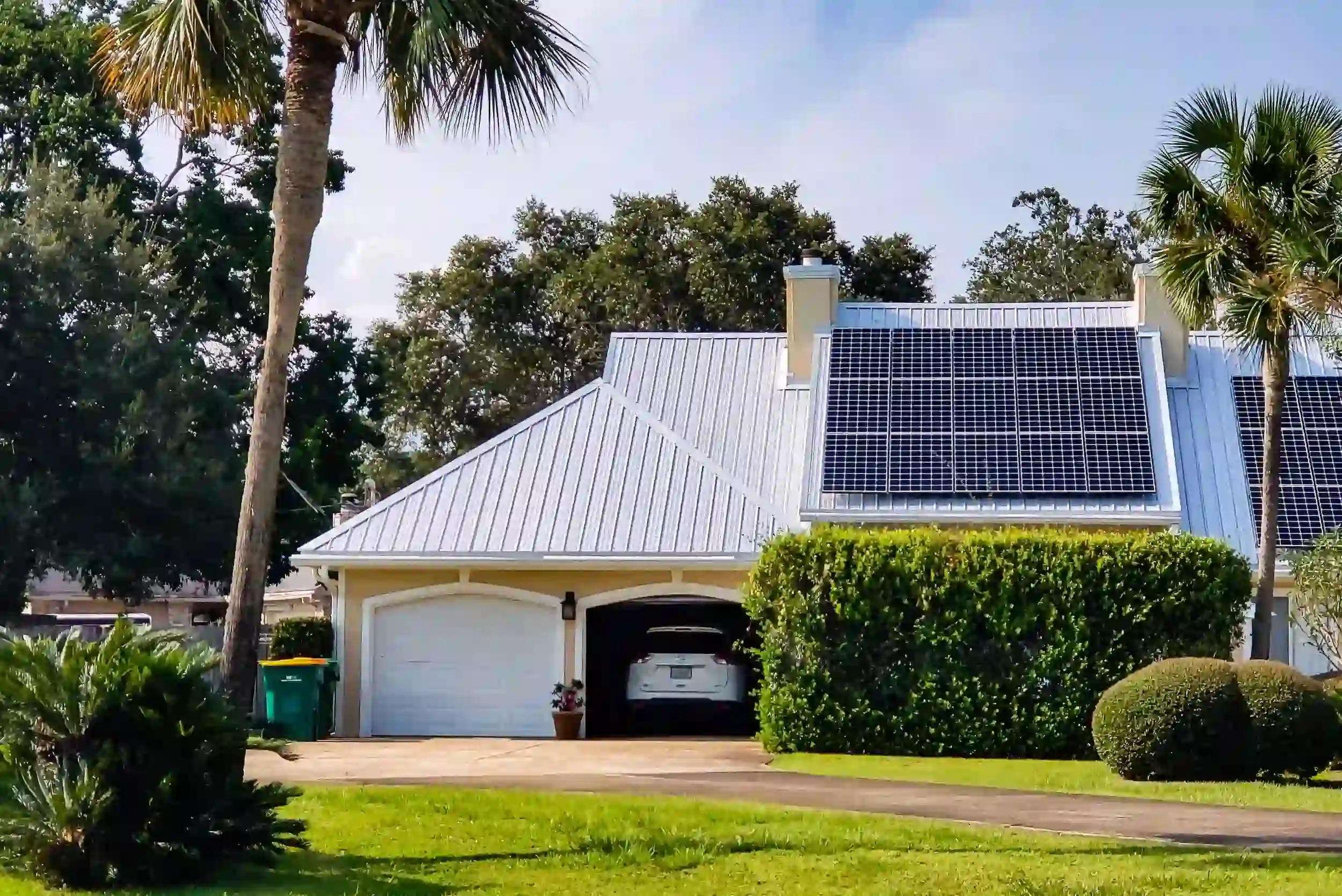
With rising electricity costs and abundant sunshine, it’s no surprise that more locals are turning to home solar in Rockhampton. The region’s long daylight hours and high solar potential make it ideal for capturing clean, renewable energy directly from your rooftop.
Installing solar power for homes in Rockhampton isn’t just about saving money. It’s also about the capacity to produce, store, and consume our own energy. Each solar system helps reduce your household’s carbon footprint while being designed to reduce energy losses and increase autonomy.
Queensland homeowners also benefit from government incentives that make going solar even more affordable. Learn more about available incentives on our Solar Rebates Queensland page and start planning your solar upgrade today.
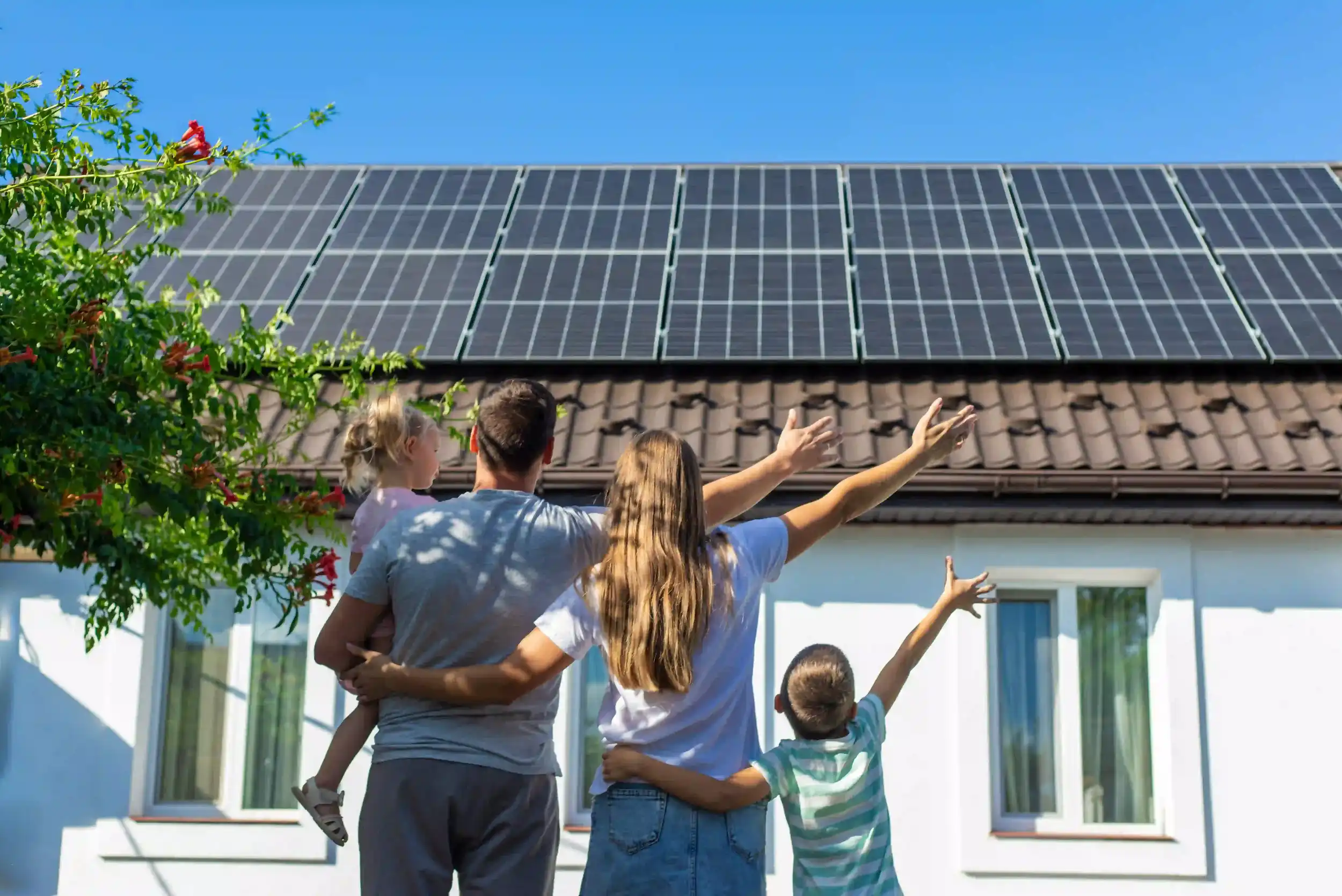
At National Solar Network, we design residential solar systems that fit your home’s energy needs and roof layout perfectly.
Our systems are designed to meet the unique needs of every home, whether you’re looking to cut energy costs, increase property value, or live more sustainably.
Every household has different energy goals. Our experts design and install solar systems that maximize production and seamlessly integrate with your home.
We tailor every solution for optimal performance and return on investment.
We provide intelligent monitoring tools that allow you to track your system’s output in real time, helping you understand your energy generation and usage. This ensures your solar power for homes in Rockhampton continues performing at its best, year after year.
Combine your solar setup with our Solar Panels Installation, Solar Battery Systems, or EV Charger Installation services for complete energy independence.
Our residential solar systems are installed by a qualified team committed to safety, quality, and precision at every stage.
From the initial consultation to final testing, we ensure your system delivers lasting performance and value.
Every project starts with a free consultation and site inspection, where we assess your energy use, roof design, and sunlight exposure.
We then create a tailored system plan that maximizes efficiency and return on investment.
During installation, our teams apply the latest industry practices and undergo continuous training.
To ensure every system is installed safely and in full compliance with Australian regulations.
Once your solar panels are installed, we complete thorough system testing to verify performance.
All components are backed by strong manufacturer warranties, and our workmanship is covered for long-term peace of mind. Our solutions are designed to operate continuously without interruption, providing homeowners with lasting reliability and peace of mind.
Our support doesn’t stop after installation. We offer ongoing monitoring advice and maintenance assistance to ensure your solar system continues to operate at its best.
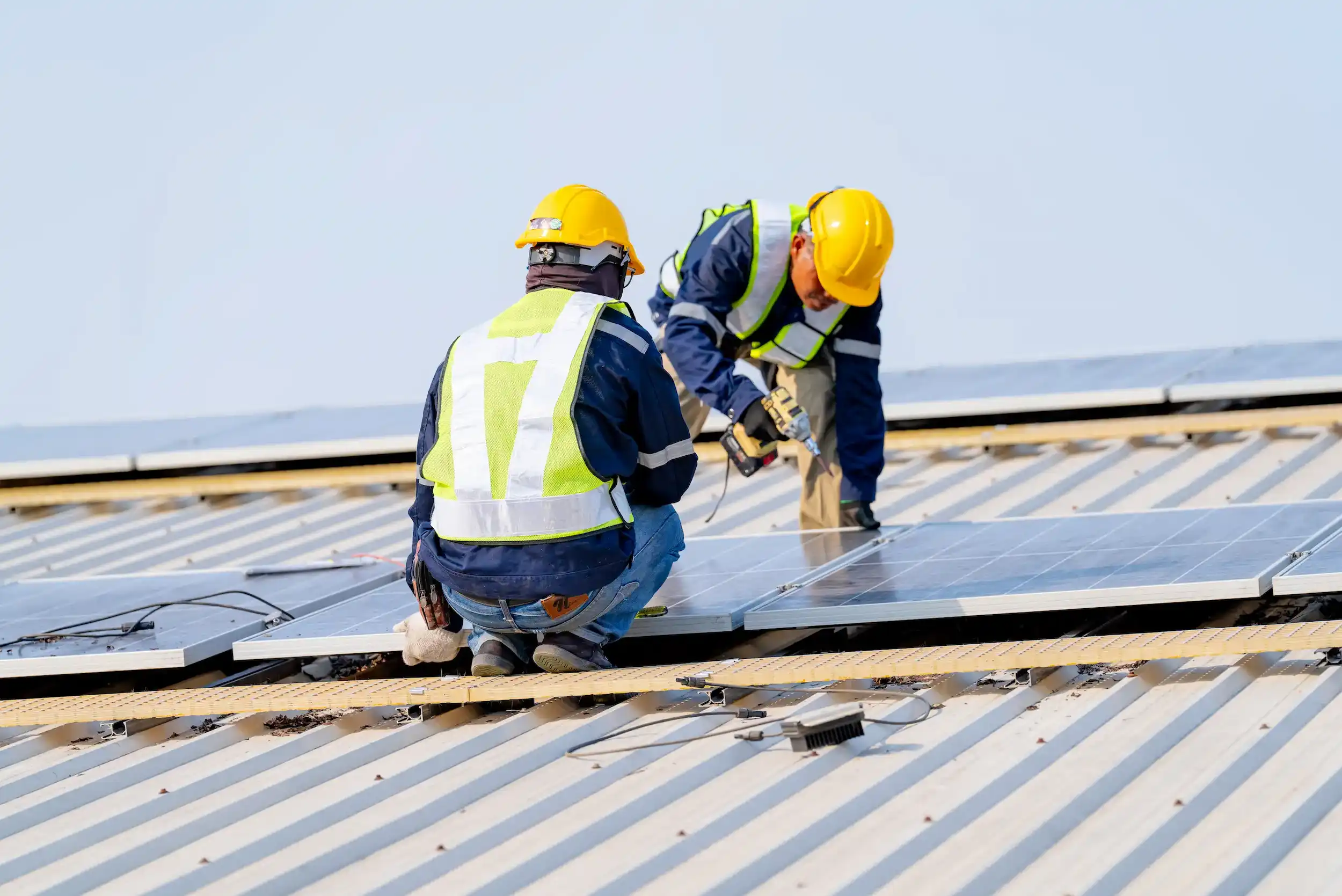
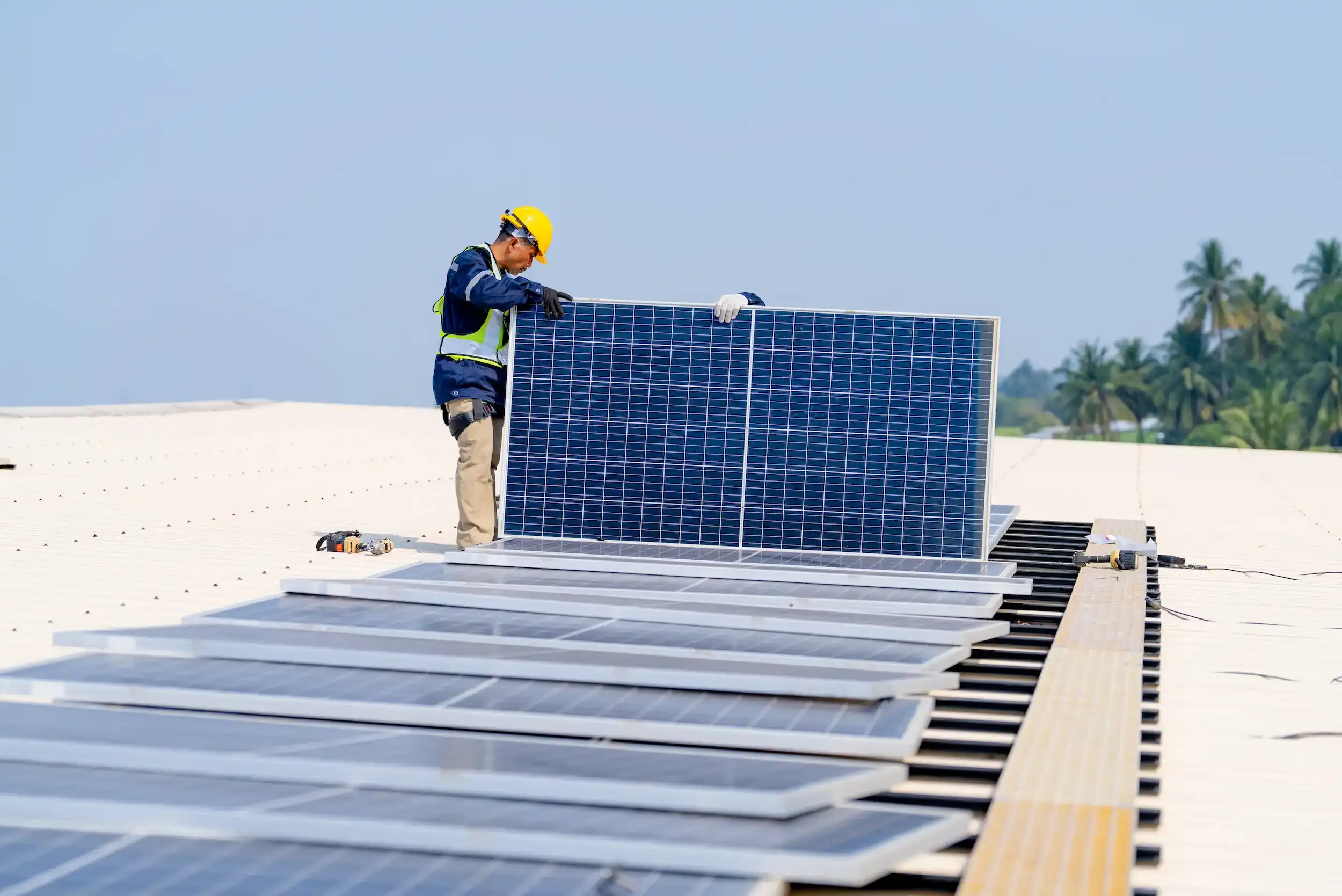
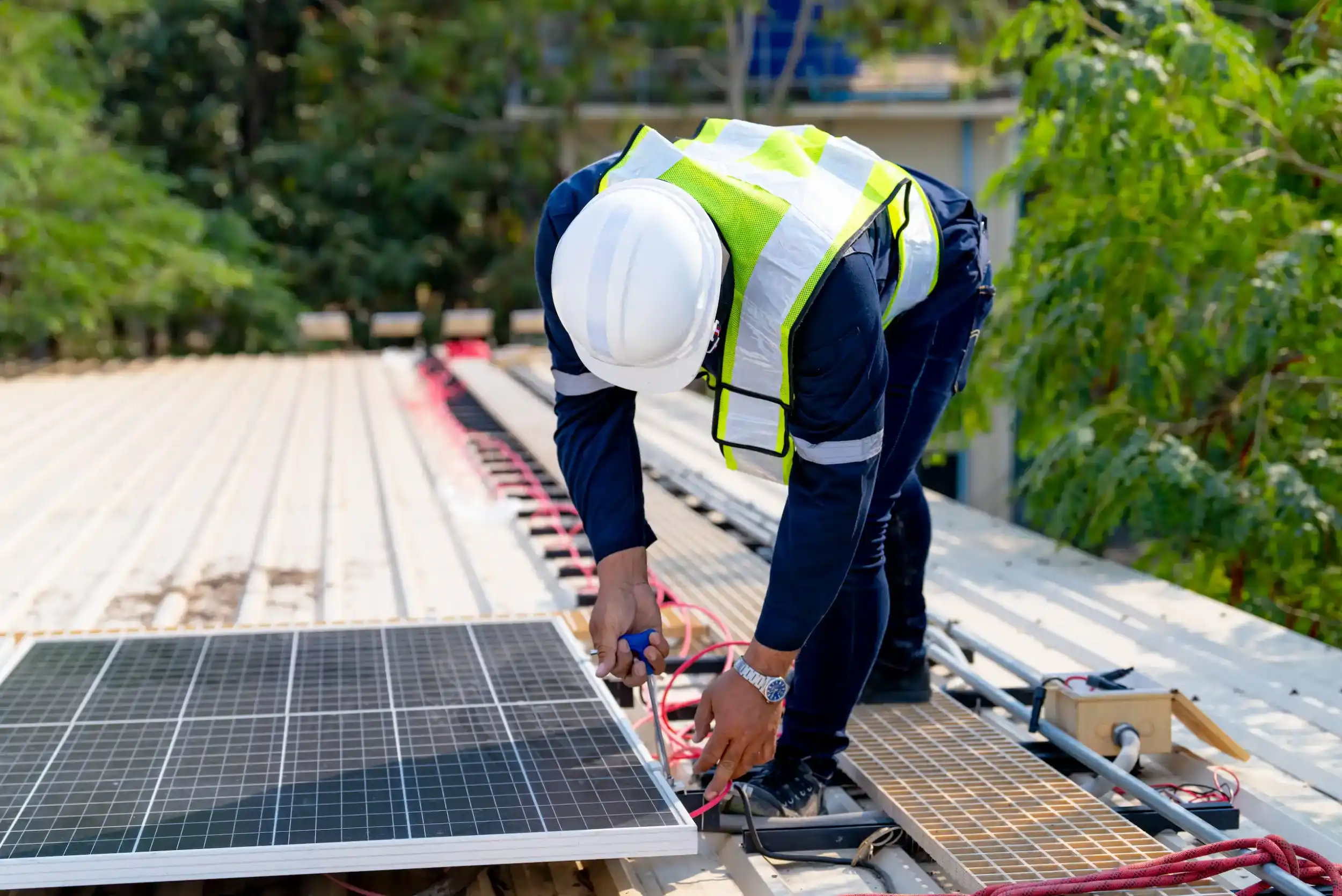
It helps you take control of rising energy costs and enjoy long-term financial stability. Most homeowners begin to see savings from day one, as solar offsets a large portion of their monthly electricity use. The system delivers a measurable economic return from the first year.
A solar system not only cuts costs but also makes your home more appealing to buyers who value efficiency and sustainability.
Typical return on investment ranges from 20% to 25%, making solar one of the most rewarding home upgrades available.
Take the first step now with our team that designs and installs high-quality residential solar systems backed by strong warranties, solid performance, and responsive aftercare support.
We ensure every customer has access to measurable and documented returns on investment. Whether you’re ready to install or just exploring your options, our experts can guide you through system selection and savings potential.
Fill out our quick contact form to discuss residential solar in Rockhampton.
